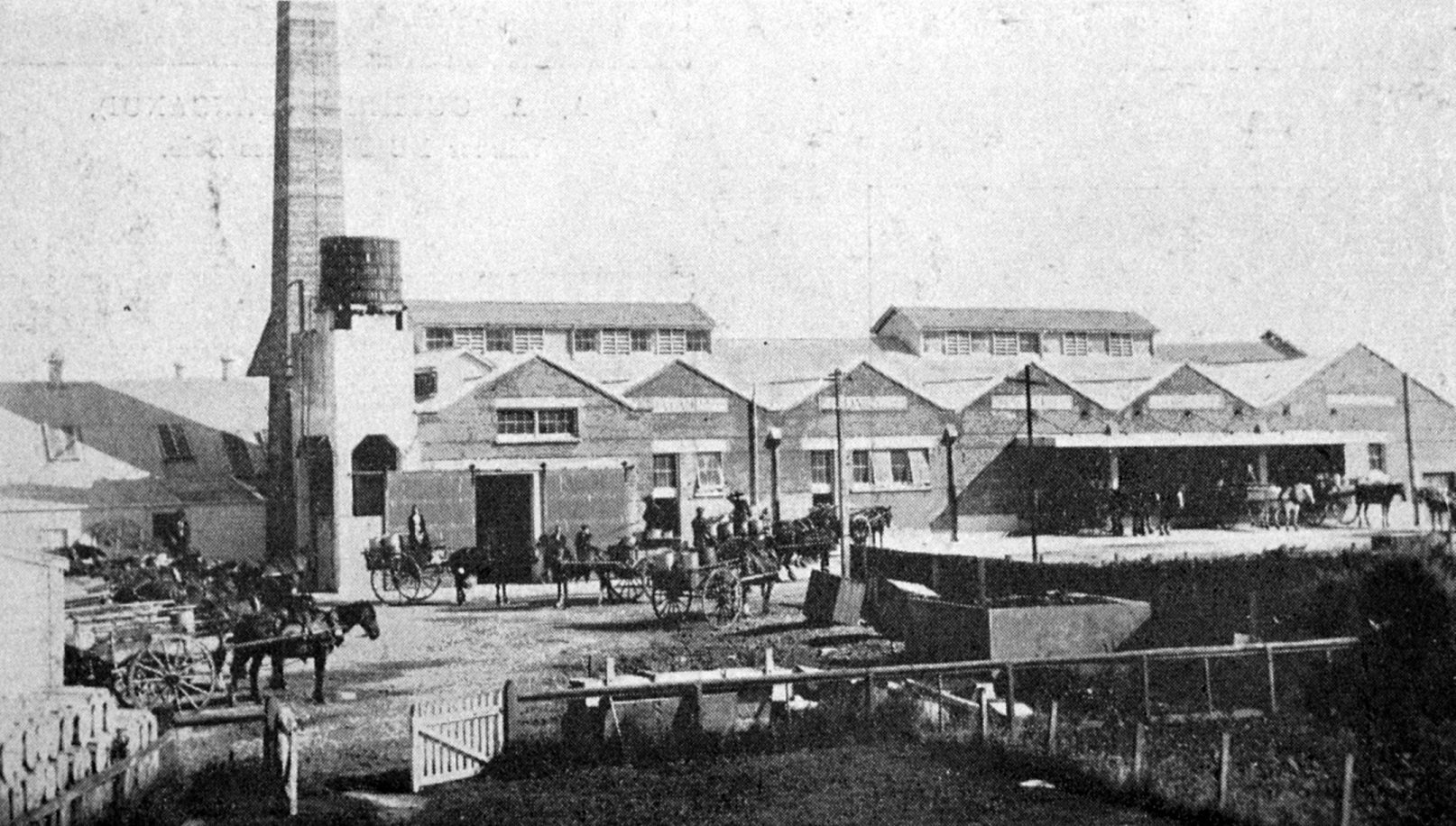
Pool clarity impressive
Visitors to the Municipal Baths lately must have noticed a marked improvement in the water, which is now so clear that the bottom of the baths can be seen quite easily at the deep end. Mr Olds has gone to much trouble to bring about this desirable result, being handicapped by the dirty state of the water coming from the mains, but if the improvement is maintained there will be no reason for dissatisfaction in future.
Labour candidate’s views
"If I had the power tomorrow," said Mr Gilchrist last night, "I would tax incomes to extinction beyond £2000. I would tax beyond £20 to the extent of 20 shillings in the pound. Any family that cannot got along on 20 hundreds a year ought to abdicate, and I would use the wealth to get going our public works and to develop the undeveloped country of New Zealand."
Mr Gilchrist said the land tenure of the Labour party was based on "occupancy and use." It was further provided: "Privately-owned land shall not be sold or transferred except to the State." It was contended in some quarters that under this plank a widow would lose her home. As a matter of fact, the real purpose of the provision was to wipe out of existence a large army of non-producers in the shape of land agents and land speculators. A widow had a tenancy based on "occupancy and use,’’ and when she was occupying a house and using it she had a secure tenure. If she wished to sell, instead of going to a speculator or a land agent she would go to an agent of the Government and sell to the Government without having to pay a fat commission. If she wished to remain on the place her tenure was secure, because it was based on occupancy and use.
Reform, not ban, for booze
It is probable that at this stage of the controversy on the prohibition question most of the electors have made up their minds as to how they will vote at the approaching referendum. The issue presents itself very much in the same light as that in which it presented itself three years ago. There was then some reason to anticipate that the experience of the United States under prohibition would prove of value in assisting the electors here to a judgement when next they came to record their votes on the question. But the evidence available from America does not form a solid basis for conclusions which should influence the people of New Zealand to make the radical change that would be involved in the introduction of prohibition. The fact is not to be overlooked that, as President Harding recently affirmed, prohibition is still a political issue in the United States and is likely to be one for years to come. The electors of this dominion must concern themselves with the arguments upon the question from a New Zealand standpoint. That there are evils and abuses connected with the liquor traffic must be freely allowed. But to argue that because of the existence of these evils and abuses the traffic should be abolished altogether is to make a big leap to an extreme decision, and really savours of a counsel of despair. — ODT, 30.11.1922
Compiled by Peter Dowden












